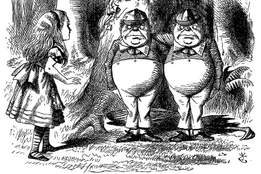anastrophe
noun
anas·tro·phe
ə-ˈna-strə-(ˌ)fē 

: inversion of the usual syntactical order of words for rhetorical effect compare hysteron proteron
Love words? Need even more definitions?
Merriam-Webster unabridged








Share